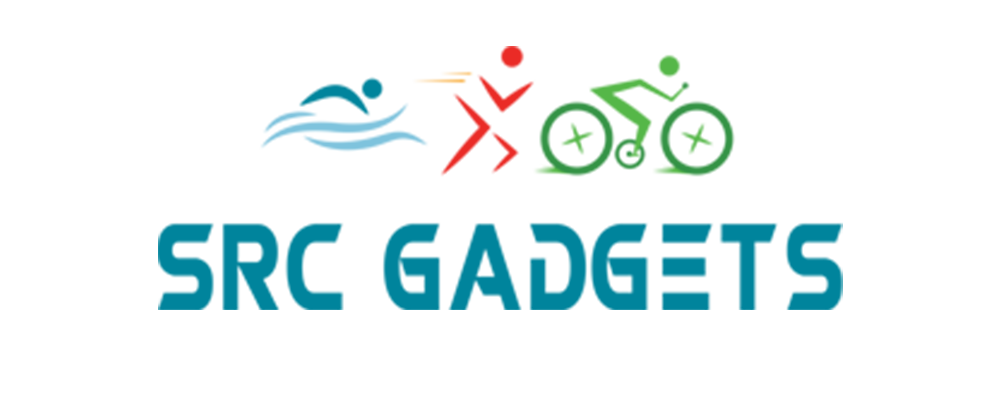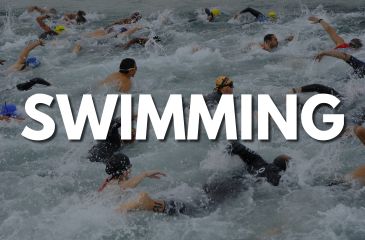Swim, Bike, Run: Your Triathlon Hub
Where Triathletes Unite!
Discover a world of triathlon passion and performance at Srcgadgets. Get training tips, and gear recommendations, and dive into the ultimate triathlon experience
Featured Categories
Explore categories designed to meet the unique needs and interests of triathletes

Gears

Training

Nutrition

Can You Listen to Music in Ironman Races? | Guidelines & Rules
Ironman Triathlon is a rigorous test of stamina, combining swimming, cycling, and running. Given its intensity, there are strict rules to keep it…

The Best Swimming Strokes for Triathlons: Expert Tips and Techniques
In triathlons, where swimming, cycling, and running are combined, the swimming segment is pivotal. This article focuses on the four main swimming strokes:…

Zwift Ironman Training Plan
The Ironman triathlon is an ultimate test of stamina, requiring athletes to swim, cycle, and run in a single, demanding event. To tackle…

20 Week Half Ironman Training Plan
Ready to boost your stamina and tackle an incredible challenge? Try our ’20 Week Half Ironman Training Plan‘! It’s perfect for beginners and…

How to Train for a Triathlon Swim
Swimming is often seen as the most challenging leg of a triathlon. Mastering form, building stamina, and preparing for open water conditions are…

Off-Season Triathlon Training Plan
The off-season allows triathletes to improve without pre-race pressures. This guide provides a 5-phase off-season training plan for building strength. It covers developing…

Sarah Mitchell
Our resident cycling virtuoso. Sarah’s knowledge of bikes and race strategies is second to none

Laura Turner
The swimming guru. Laura’s guidance will have you gliding through the water with confidence

Eric Jordan
A running maestro with a marathoner’s heart. David’s tips will help you conquer your running legs



